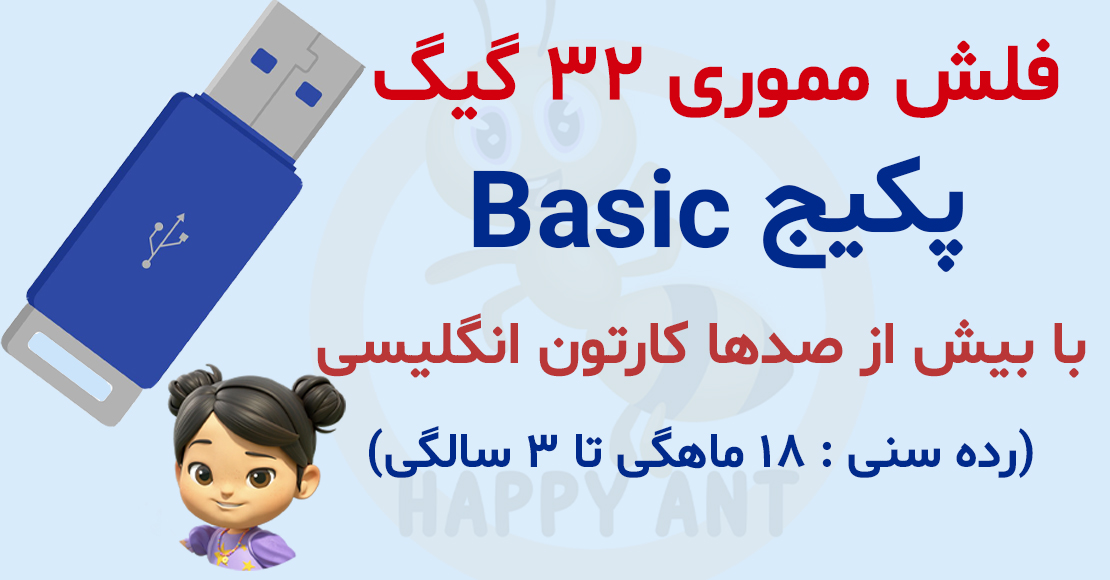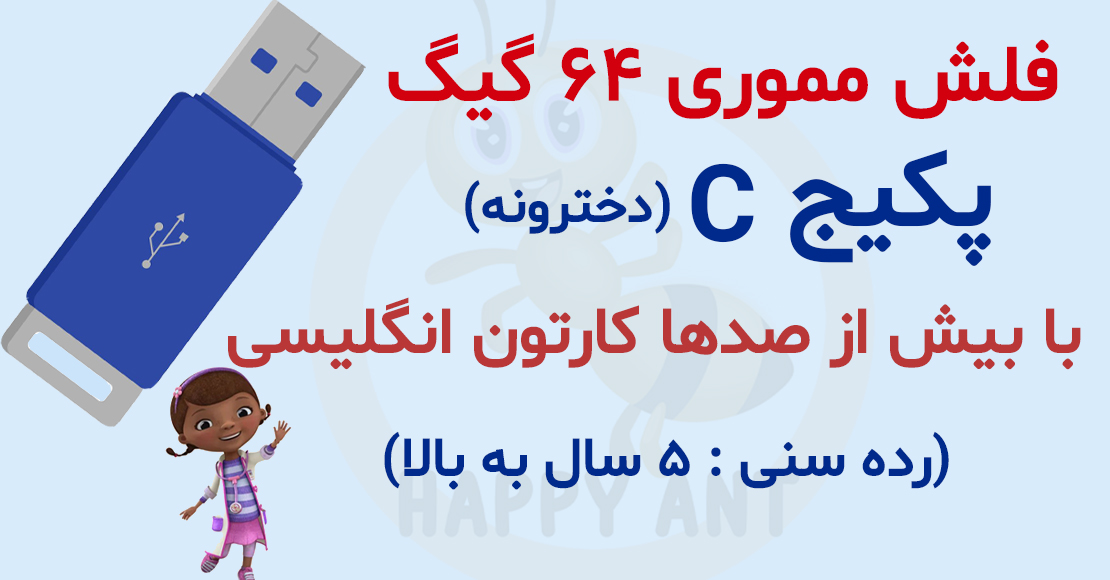
یادگیری یک زبان خارجی و جدید مستلزم تلاش واضح برای هر کسی چه کودک و چه یک بزرگسال است اما هرچه سن کمتر باشد یادگیری راحت ترمی شود. در سنین زیر سه سال مغز کودکان خردسال به طور منحصر به فردی برای یادگیری زبان دوم مناسب است زیرا مغز در انعطاف پذیرترین مرحله خود قرار دارد. ذهن کودک مانند یک اسفنج واقعی است که اطلاعات را به طرز شگفت انگیزی جذب می کند و به همین دلیل است که مرحله ای ایده آل برای شروع یادگیری زبان های جدید است.
دانستن یک یا دو زبان خارجی یکی از مفیدترین کارهایی است که می توان برای افزایش شانس موفقیت خود در زندگی انجام داد. با این حال همه افراد در زمینه یادگیری زبان جدید از توانایی های یکسانی برخوردار نیستند و به همین دلیل ضروری است که یادگیری را در سنین پایین شروع کنیم. از این نظر ممکن است بخواهید به زبان هایی فکر کنید که دانستن آن ها در آینده مفیدتر خواهد بود. به عنوان مثال امروزه انگلیسی زبان اصلی تجارت و رابطه در سطح جهانی است به همین دلیل خانواده ها در سراسر جهان انگلیسی را به عنوان یکی از بهترین زبان ها برای یادگیری در اولویت قرار می دهند .
هنگام در نظر گرفتن آموزش یک زبان خارجی به فرزندان مهم است که در مورد مزایایی که دانستن و کسب این مهارت در آینده برای فرزندان شما به ارمغان می آورد فکر کنید. کودکان اغلب از توانایی زیادی برای یادگیری سریع هر چیزی برخوردارند بنابراین اگر قصد دارید فرزند کوچک خود را به دوره های آموزش زبان خارجی بفرستید، در این وبلاگ مزایایی را عنوان می کنیم که امیدواریم شما را متقاعد کند تا هر چه سریع تر این کار را انجام دهید.
مزایای یادگیری زبان دوم از سنین پایین
یادگیری در سنین پایین می تواند خلاقیت را تقویت کند
کودکان اغلب به اندازه کافی
خلاق هستند اما یادگیری یک زبان جدید قطعاً می تواند خلاقیت آنها را بیشتر تقویت
کند. این که کودکان بتوانند به غیر از زبان مادری خود به زبان دیگری صحبت
کنند و بنویسند فرصت های گسترده ای را برای به کارگیری مهارت های حل مسئله در اختیار آن ها قرار می دهد و حل مسئله نیز نیاز به خلاقیت دارد. کودکان
دو زبانه می توانند در آزمون های مختلف برتری داشته باشند زیرا اعتماد به نفس و
دانش بیشتری در زمینه حل مسئله دارند.
مطالعات نشان می دهد که در سطح شناختی و تحصیلی، کودکانی که یک زبان اضافی را یاد می گیرند خلاق تر هستند و در حل مشکلات پیچیده بهتر عمل می کنند و معمولاً در آزمون های استاندارد نمره بالاتری کسب می کنند.
به آموزش همدلی در بین کودکان می پردازد
قرار گرفتن در معرض یک زبان جدید تنها در مورد یادگیری کلمات جدید و قوانین دستور زبان نیست بلکه یادگیری زبان دوم شامل اطلاعات مختلفی در مورد کشور و فرهنگ زبان مورد نظر نیز می باشد که می تواند همدلی را برای کودکان ایجاد کند. کودکان به طور طبیعی تعصب ندارند و قرار گرفتن آنها در معرض چیزهای جدید و هیجان انگیز خارجی می تواند کنجکاوی و احترام آنها را نسبت به ملیت ها و فرهنگ های مختلف بیشتر کند. سایت هپی انت پیشنهاد می کند مقاله نقش کارتون در فرهنگ اجتماعی را نیز مطالعه بفرمایید.
یادگیری زبان دوم به پیشرفت
تحصیلی کودکان کمک می کند
داشتن نمرات عالی ممکن است
به اندازه کافی خوب به نظر برسد اما وقتی صحبت از پیشرفت تحصیلی می شود همه
چیز می تواند کمی چالش برانگیز باشد زیرا امروزه مدارس و دانشگاه ها دانش
آموزانی را می خواهند که دارای مهارت ها و توانایی های متعدد باشند. بنابراین آموزش زبان دوم قطعاً به بچه ها کمک می کند تا اعتماد به نفس تحصیلی
آینده خود را تقویت کنند.
صحبت به زبان دیگر به
کودکان کمک می کند تا بیشتر معاشرت کنند
صحبت به زبان دوم به دلایل
زیادی می تواند یک مزیت واقعی در زندگی باشد. به عنوان مثال ، دانستن زبان
انگلیسی یا فرانسه یا اسپانیایی می تواند بچه ها را به ملاقات با افراد جدید و
تمرین مکالمه به آن زبان متمایل کند. علاوه بر این توانایی صحبت به بیش از یک
زبان می تواند آنها را در سفر به سراسر جهان و ایجاد دوستی های جالب بسیار تحت
تأثیر قرار دهد. بازدید از مکان های مختلف و مشارکت در فرهنگ های مختلف مطمئناً به
آنها کمک می کند تا تجربیات جدیدی کسب کرده و اعتماد به نفس بیشتری پیدا کنند.
یادگیری آسانتر زبان
کودکی که یک زبان خارجی را در سنین پایین (از تولد تا حدود 10 سالگی) یاد می گیرد آن را بسیار راحت تر می پذیرد .کودکان خردسال توانایی باورنکردنی در جذب و بازتولید صداهای جدید دارند به این معنی که آنها می توانند تلفظ را مانند یک زبان مادری یاد بگیرند. البته می توان در هر سنی آموزش زبان را شروع کرد اما با افزایش سن به تلاش بیشتری نیاز است و برای بعضی از افراد نیز ممکن سخت و یا حتی غیرممکن باشد.
مزایای شناختی و سلامت روان
کارشناسان خاطر نشان می کنند که یادگیری یک زبان خارجی می تواند منجر به بهبود توانایی تمرکز، چابکی ذهنی بیشتر، انجام چندین وظیفه به طور همزمان و بهبود حافظه و توجه شود. کودکان دو زبانه در سن هفت ماهگی با تغییرات محیطی بهتر سازگار هستند و به نظر می رسد که دو زبانه بودن در برابر زوال عقل نیز محافظت می کند. علاوه بر این کودکانی که به زبان دیگری صحبت می کنند توانایی بیشتری در حل مشکلات دارند که این ویژگی مهمی برای موفقیت آینده است.
مزایای آموزشی
تحقیقات نشان داده است کودکانی که به بیش از یک زبان صحبت می کنند در هفت سالگی در آزمون های استاندارد کلامی و ریاضی بهتر از دانش آموزان یک زبانه عمل می کنند .
فرصت های شغلی بهتر در آینده
آموزش زبان به کودکان می تواند به این معنی باشد که او در بزرگسالی فرصت های شغلی بیشتری دارد. بسیاری از
شرکت ها و کارفرمایان اهمیت زیادی به دانستن زبان دوم می دهند و متقاضیانی که به
بیش از یک زبان مسلط می باشند می توانند از مزیت های شغلی بیشتری برخوردار شوند.
نتیجه
بچه ها سزاوار تفریح و لذت
بردن از دوران کودکی خود هستند اما آموزش به آن ها می تواند عزت نفسشان را
افزایش دهد و به آن ها کمک کند تا در بزرگسالی برای چالش های مختلف آماده شوند.
همچنین باید به آن ها اجازه داده شود زبان خود را انتخاب کنند ، بنابراین هرگز فرزند
خود را وادار به تماشا و مطالعه چیزی نکنید که از آن لذت نمی برد. در نهایت ، به یاد
داشته باشید که همیشه در کنار آنها باشید و از پیشرفت آنها حمایت کنید .
برخلاف تصور رایج ، کودکان خردسال با یادگیری چندین زبان به طور همزمان گیج نمی شوند بلکه بدست آوردن یک زبان دوم در اوایل زندگی مغز را برای یادگیری چندین زبان دیگر آماده کرده و دنیایی از فرصت ها را برای آینده باز می کند. سایت هپی انت و فلش کارت های هوشمند آموزش زبان هپی انت (happy ant) در این زمینه می تواند کمک شایانی به والدین عزیز بکند .






نوشتن نظر